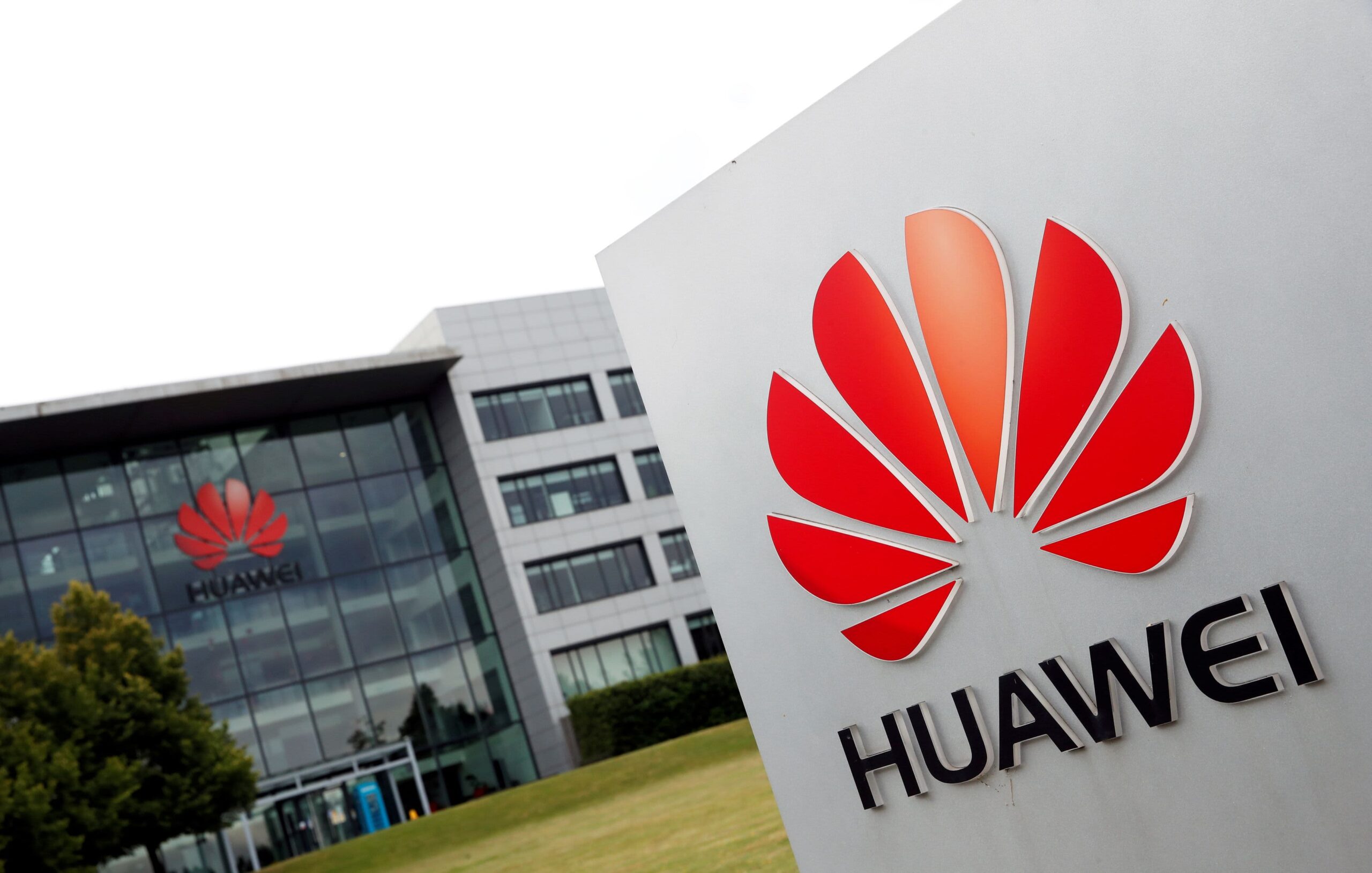Huawei Technologies, one of China’s leading tech giants, is preparing to test a new and more powerful artificial intelligence (AI) processor in a move to compete with the US-based Nvidia, according to a recent report by the Wall Street Journal. This new chip, named the Ascend 910D, is part of Huawei’s strategy to challenge Nvidia’s dominance in the AI chip market, particularly in the high-performance sector.
The Ascend 910D is an upgraded version of Huawei’s previous Ascend AI chips, including the 910B and 910C models. Huawei has already reached out to several Chinese tech companies to test the chip’s technical capabilities, with the goal of assessing its potential to replace some of Nvidia’s high-end products, such as the Nvidia H100. These tests are critical in ensuring the chip’s readiness for mass production and use by customers.
The new AI processor is expected to be more powerful than Nvidia’s H100, a chip that has been widely used in training machine learning models. Huawei aims to use the Ascend 910D to meet the growing demand for AI chips, particularly in China, where local tech companies are seeking alternatives to Nvidia’s products. The first batch of Ascend 910D samples is expected to be available as early as late May 2025.
Challenges from US Restrictions
Huawei’s push to develop AI chips has not been without challenges, especially with the ongoing technological rivalry between the US and China. Washington has taken aggressive steps to restrict China’s access to advanced US-made semiconductor technology. In 2022, the US government banned the sale of Nvidia’s flagship H100 AI chip to China, citing national security concerns. This ban is part of a broader strategy to limit China’s technological advancements, particularly in areas that could strengthen its military capabilities.
Despite these challenges, Huawei has managed to make significant progress in developing competitive AI chips. The company’s resilience has been evident in its ability to launch high-end products, such as the Mate 60 smartphone, which was powered by a domestically produced processor. This launch in 2023 was seen as a major achievement for Huawei, especially since the company has been on a US trade blacklist for nearly six years. The success of the Mate 60 caught the US government by surprise, highlighting China’s growing self-sufficiency in semiconductor technology.
Huawei’s Strategy and Resilience
Huawei’s efforts to develop alternatives to Nvidia’s AI chips are part of a broader strategy by the Chinese government to create a more self-reliant semiconductor industry. With the US placing Huawei on its trade blacklist, the company has been forced to innovate and find solutions within China’s domestic market. This has spurred the development of advanced technologies like the Ascend 910D and has helped Huawei remain competitive despite the challenges posed by US restrictions.
Huawei’s ambition to build high-performance AI chips reflects China’s increasing focus on AI research and development. The country has recognized the importance of AI as a strategic technology and has invested heavily in building its own infrastructure and capabilities. By developing chips like the Ascend 910D, Huawei hopes to lessen China’s dependency on foreign technologies and solidify its position as a global leader in AI.
The competition with Nvidia is fierce, with Nvidia holding a commanding lead in the AI chip market, especially in the US. However, with the development of the Ascend 910D, Huawei is signaling that it is ready to challenge this dominance. While the chip is still in its early development stages, its potential to disrupt the market could be significant, especially as China’s AI industry continues to expand.
Looking Ahead
Huawei’s new AI chip is still undergoing testing and evaluation, but the company is optimistic about its future. If successful, the Ascend 910D could become a major player in the global AI chip market, offering a viable alternative to Nvidia’s products. As Huawei continues to refine the chip, it will likely look to expand its reach within China’s tech ecosystem and eventually target international markets.
The success of Huawei’s Ascend AI processors could have far-reaching implications for the global tech landscape. Not only would it give Chinese tech companies a competitive edge in AI development, but it would also help China reduce its reliance on US-made technologies. In the long term, this could shift the balance of power in the semiconductor industry, with Huawei playing a key role in shaping the future of AI hardware.
In conclusion, Huawei’s development of the Ascend 910D AI chip marks a significant step in the ongoing battle for AI supremacy between China and the US. While challenges remain, Huawei’s persistence in the face of US restrictions and its ability to innovate within China’s domestic market highlight its resilience and determination to remain a leader in the global tech industry. As testing and development continue, the Ascend 910D could become a powerful tool in Huawei’s efforts to compete with Nvidia and other major players in the AI chip market.



